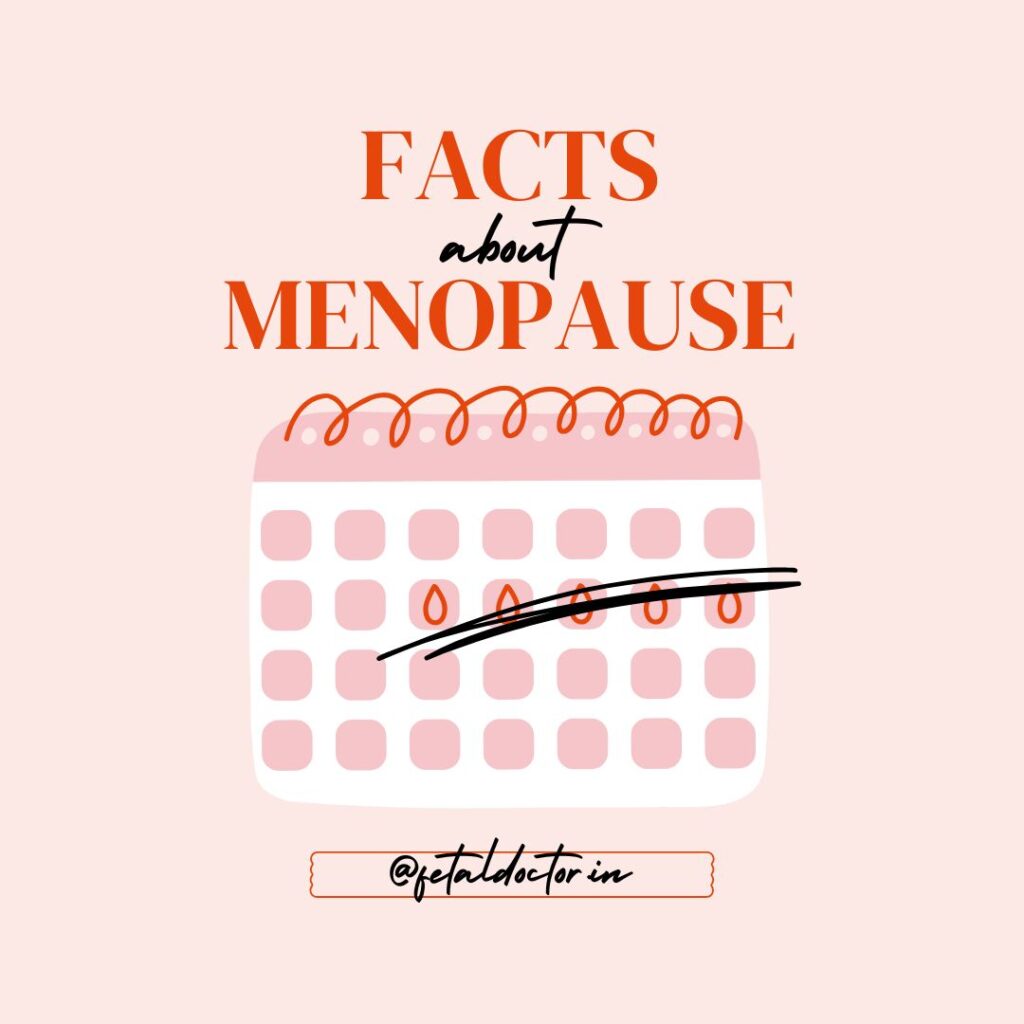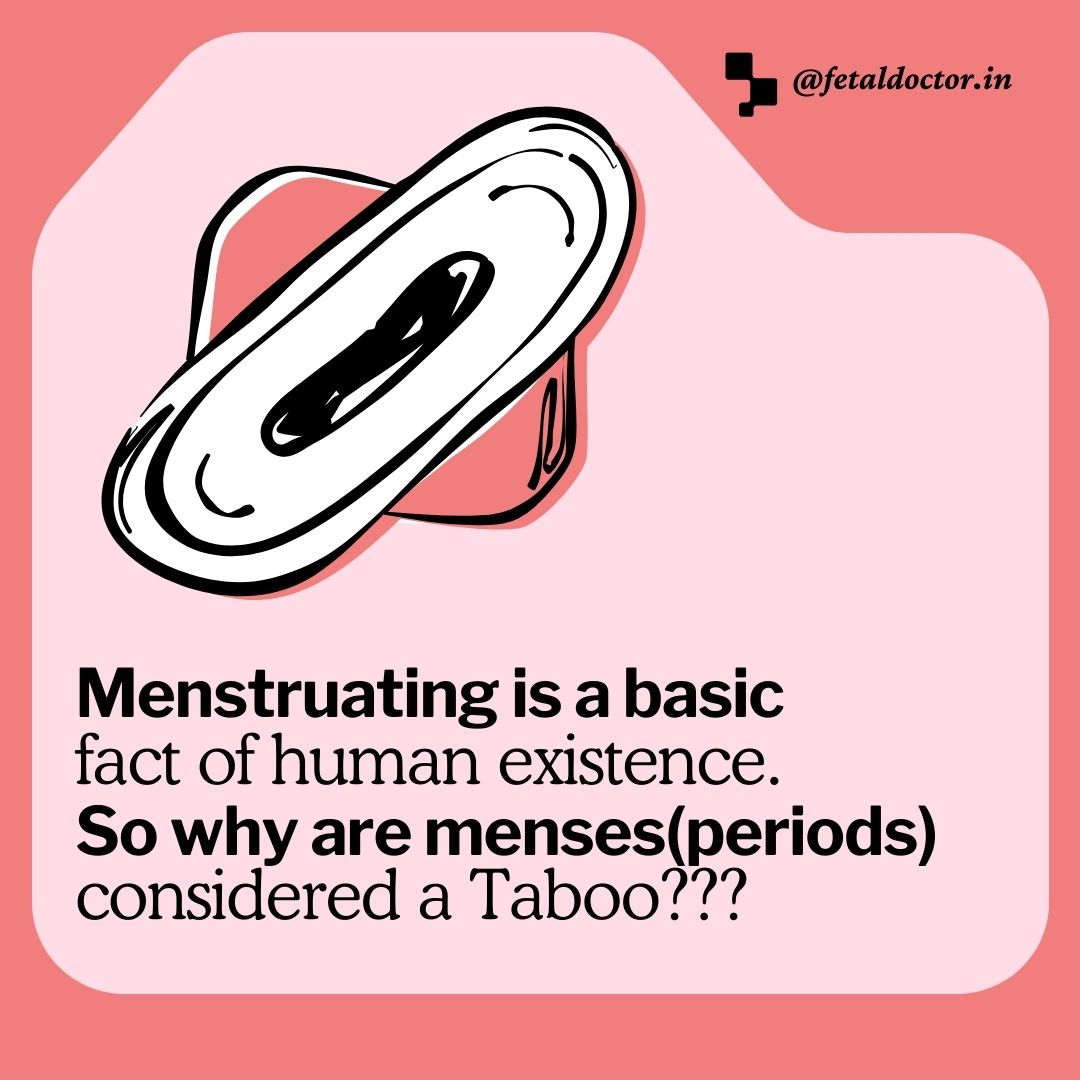Blog 001.4 “A Guide to Perimenopause for Men”

When the term menopause comes up, it’s often associated with women’s health. However, it’s equally important for men to understand what their partners, mothers, or sisters might experience during this phase. Perimenopause, the transitional phase before menopause, is marked by significant hormonal changes and can last several years.
Here’s what men need to know to better support the women in their lives.
1. What is Perimenopause?
Perimenopause refers to the years leading up to menopause when a woman’s body begins to undergo hormonal shifts.
Typically starting in the 40s but sometimes earlier, this phase can last 4-10 years.
It ends when a woman has gone 12 consecutive months without a menstrual period, marking the onset of menopause.
2. Common Symptoms
Perimenopausal symptoms can vary widely in type and severity, but some common ones include:
- Irregular Periods: Changes in frequency, flow, or duration of menstrual cycles.
- Hot Flashes and Night Sweats: Sudden feelings of heat, often accompanied by sweating.
- Mood Swings: Irritability, anxiety, or even depression.
- Sleep Disturbances: Difficulty falling or staying asleep.
- Physical Changes: Weight gain, thinning hair, or dry skin.
- Decreased Libido: Reduced interest in sexual activity due to hormonal fluctuations.
3. Why Should Men Care?
Understanding perimenopause isn’t just about empathy; it’s about building stronger relationships. Women often feel unsupported or misunderstood during this phase.
By educating themselves, men can:
- Offer emotional and practical support.
- Help reduce stigma around natural hormonal changes.
- Strengthen communication in their relationships.
- Seeking medical care and advice can improve the quality of life.
4. How Can Men Support Women During Perimenopause?
When the symptoms are severe, i.e., when they affect her daily activities, medical help should be sought.
- Educate Yourself: Learn about the symptoms and challenges of perimenopause.
- Be Patient: Mood swings and irritability aren’t personal; they’re hormonal.
- Encourage Medical Consultation: Suggest seeing a healthcare provider for advice on symptom management.
- Support Lifestyle Changes: Join her in adopting healthy habits like balanced diets, regular exercise, and stress management.
- Communicate Openly: Create a safe space for her to share what she’s feeling without judgment.
5. Myths and Misconceptions
There are several myths around perimenopause that need debunking:
- It’s Only About Mood Swings: While mood changes are common, they’re just one part of the experience.
- It Affects All Women the Same Way: Every woman’s journey is unique.
- It’s the End of a Woman’s Sexuality: Many women continue to enjoy fulfilling sexual lives post-menopause.
The Bigger Picture
Perimenopause is a natural phase of life, not a disease. By understanding and addressing it together, couples and families can grow closer and foster mutual respect.
A supportive environment can make all the difference.
Conclusion
Men’s involvement in understanding perimenopause can break down taboos and open up meaningful conversations.
By educating themselves and offering support, men can ensure that the women they care about feel heard, valued, and understood during this transitional phase.

